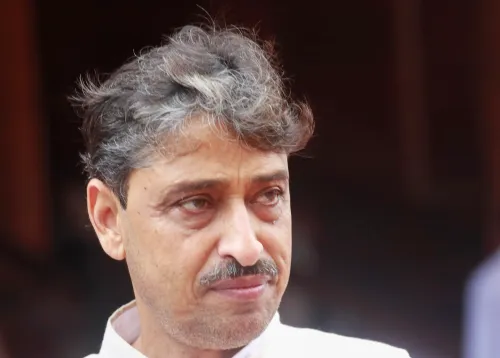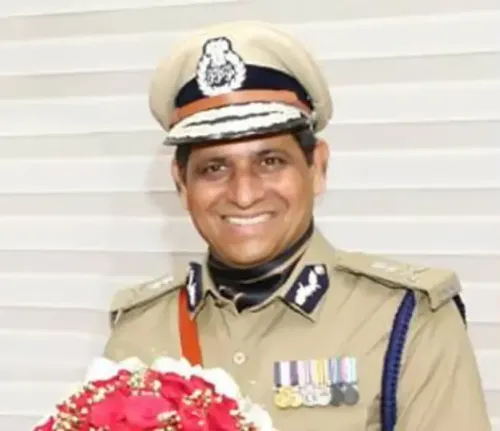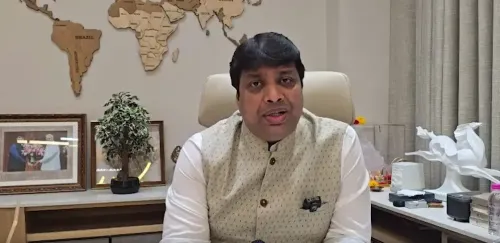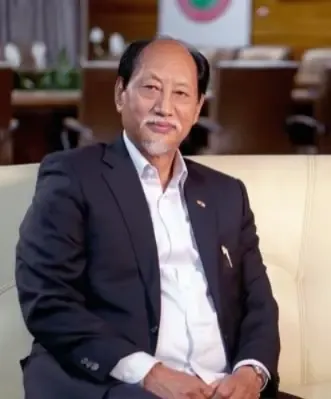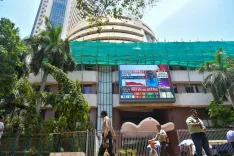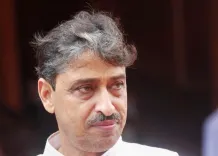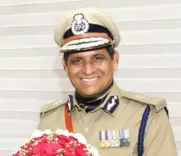Why Are Security Checks Causing Major Delays at Chennai Airport?
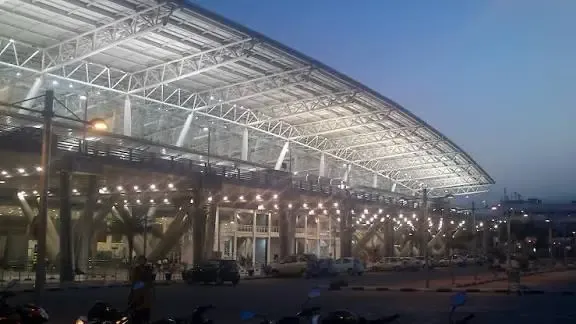
Synopsis
Key Takeaways
- Delays of 30 minutes to an hour due to enhanced security checks.
- Long queues formed as screening slowed significantly.
- Passengers required to remove shoes, belts, and jackets for scanning.
- Travelers urged to arrive early to avoid complications.
- Communication barriers reported at security checkpoints.
Chennai, Nov 19 (NationPress) The international flight schedule at Chennai Airport faced significant disruptions on Wednesday morning, with numerous departures experiencing delays ranging from 30 minutes to one hour due to enhanced, multi-layered security checks.
Long lines formed at security checkpoints as passenger screening slowed considerably, following a series of bomb threat hoaxes and elevated national security protocols.
Officials stated that the strengthened procedures were introduced in response to various anonymous threat calls and in light of a recent car bomb explosion near Delhi's Red Fort, which triggered a nationwide security alert.
Since the incident, Chennai Airport has been implementing a rigorous five-tier security framework, and ongoing hoax calls have compelled authorities to further tighten outbound passenger checks.
The enhanced protocol mandates that passengers remove shoes, belts, jackets, and winter clothing for thorough scanning.
Although this is standard practice at many international airports, the sudden escalation at Chennai has resulted in slower passenger movement.
Many travelers, unfamiliar with the new extended process, took longer to comply, further exacerbating the congestion.
Extra screening at boarding gates has also contributed to the overall processing delays. Numerous early morning international flights were affected.
Among the delayed flights were Lufthansa to Frankfurt, Emirates to Dubai, AirAsia to Kuala Lumpur, Singapore Airlines to Singapore, IndiGo to Doha, Thai Airways to Bangkok, Air Arabia to Sharjah and Abu Dhabi, Etihad to Abu Dhabi, and Oman Air to Muscat.
The increased passenger traffic during the morning rush hour also added to the congestion at security checkpoints.
Travelers voiced their frustration over the prolonged waiting times, urging authorities to deploy additional Central Industrial Security Force (CISF) personnel trained to manage high-pressure situations and rush-hour crowds.
Several passengers pointed out communication challenges, noting that many CISF staff primarily communicated in Hindi, causing confusion among Tamil-speaking and English-speaking travelers.
They requested that more personnel fluent in Tamil or English be assigned to critical checkpoints to facilitate quicker instructions and smoother processing.
Passengers acknowledged the necessity for stringent security in the current context but emphasized that improved staffing and clearer communication would greatly alleviate the pressure.
Airport officials stated that the security measures would persist at the current level until the threat perception subsides, advising passengers to arrive early to avoid delays.

